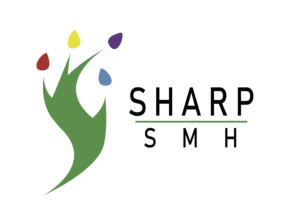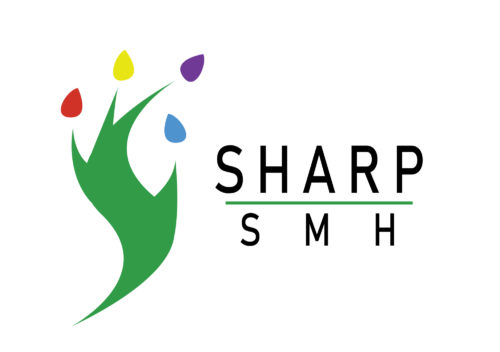SHARP SMH: Strengths, Hope, and Resourcefulness Program for School Mental Health
Program for School Mental Health
SHARP-SMH is a positive psychology, strengths-focused program for fostering student and teacher mental health and wellbeing. SHARP-SMH is an empirically supported program of interventions and practices developed at Hope Studies Central, an internationally recognized research lab in the Faculty of Education at the University of Alberta. The goal of SHARP-SMH is sustainable, effective mental health programming in schools.
THE NEED
- 70% of teachers identify a need for more knowledge about mental health.
- 15-25% of children and youth suffer at least one mental health problem.
- 70% of adult mental illness has its onset during childhood/adolescents.
The need for school/youth mental health programming has been identified by:
Edmonton Public School Board, Alberta Teachers’ Association, Alberta Education, Faculty of Education University of Alberta, Alberta Health, Canadian Mental Health Association, Canadian Teachers’ Federation, International Monetary Fund, and the Organization for Economic and Cooperative Development.
THE PROGRAM
Hope is a vital resource for healthy development and for learning to face difficulties in life. Life’s challenges are most easily faced from a perspective of hope and strengths. We all have strengths, though many of us find it difficult to name and use them to advantage. Hope enables us to envision a positive future and gives us the motivation to work towards it. Twenty-five years of hope- and strengths-focused research has generated an extensive collection of field-informed tools that can benefit the mental health of teachers and students.
EVIDENCE-BASED PROGRAMMING
The research supporting SHARP-SMH is robust. Hope is a strong predictor of positive outcomes including: academic achievement, positive affect, resiliency, motivation, athletic performance, physical health, psychological adjustment, enriched relationships, lower substance use in youth (alcohol and cannabis), and developing career goals and moving toward these goals. Hope predicts flourishing and research suggests that it is easier to implement than resilience. Finally, meta-analyses underscore the benefits of positive interventions.
THE RESEARCH
All phases of the project integrate applied programming, data collection, and knowledge mobilization. Specifically, this participatory mixed-method design places a strong value on offering clear program direction while maintaining a very collaborative approach with teachers and schools. SHARP-SMH teaches about basic positive mental health practices that are effective for teachers and students.
- Phase I: In-person/online workshops for teachers. Teachers learn to use hope and strength strategies in the context of the challenges in their own lives. They begin to develop a plan for how hope might be implemented in their own classrooms. Interested teachers and the research team collaboratively create SHARP-SMH school curriculum and materials to be used in Phase II.
- Phase II: Participating teachers and school leaders will begin SHARP implementation in their own classrooms and schools. SHARP team members will be available for consult and support.
ASSETS OF THE PROGRAM
- SHARP works alongside other programming taken place in the school.
- SHARP is embedded into lesson planning rather than standing alone as a separate program to the curriculum.
- The Hope Studies research team has many examples and methods of effectively embedding a hope and strengths focus into provincially mandated curriculum.
- SHARP is designed so that researchers work collaborative with school leaders/teachers to implement the program into the school/classroom in ways that are relevant to the specific school context. Support is provided.
- SHARP can be modified by teachers to suit their instructional purposes.
